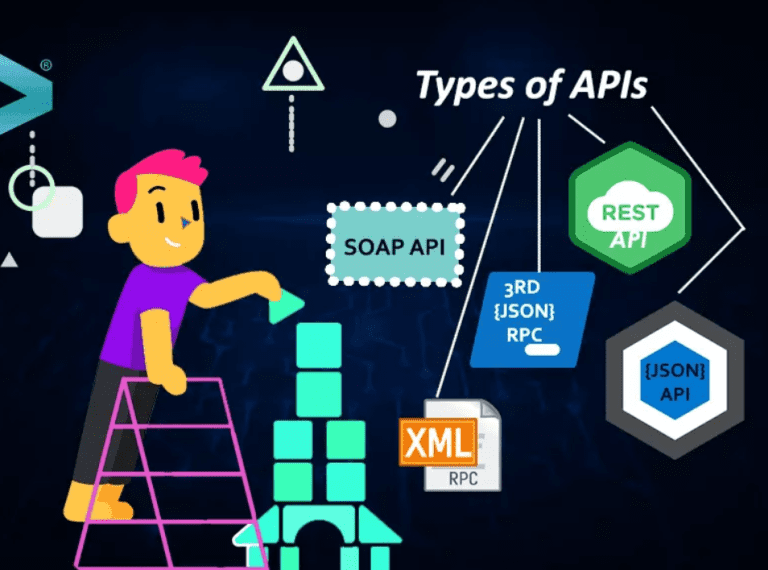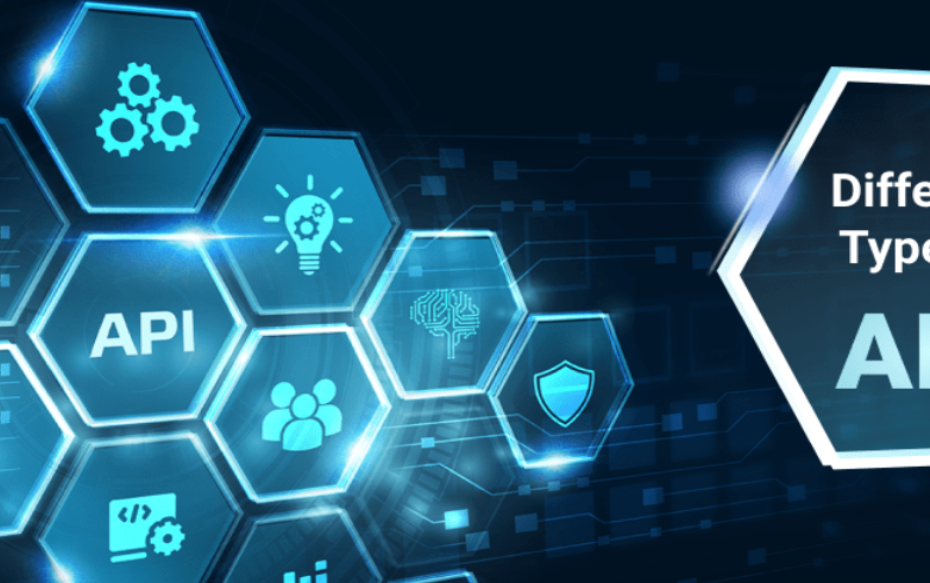Introduction:
Data interchange and communication between software systems are made possible via application programming interfaces, or APIs. Understanding the various API types and their unique characteristics is essential for API testing in order to efficiently develop and use testing methodologies. We’ll examine the various API types frequently used in API testing in this blog article, along with some of their distinguishing characteristics.

1.Making use of web APIs:
Online communication regularly uses web APIs, also known as HTTP APIs. They follow the foundations of either the REST architecture or the SOAP (Simple Object Access Protocol) architecture. online APIs interface with online resources using common HTTP methods including GET, POST, PUT, and DELETE. When evaluating request-response behavior and testing data exchange using JSON or XML payloads for online APIs, it involves handling various HTTP status codes.
2. SOAP APIs:
The SOAP (Simple Object Access Protocol) APIs offer a standardized method for exchanging structured information over networks and are based on XML communications protocols. Typically, SOAP APIs adhere to the SOAP communication protocol. They employ SOAP envelopes for message transport and XML to describe the message structure. Testing SOAP APIs includes ensuring that SOAP messages are handled correctly with regard to headers, errors, and conformance with the WSDL (Web Services Description Language).
3. RESTful APIs:
Building scalable and lightweight web services has become increasingly popular because to RESTful (Representational State Transfer) APIs. They use HTTP methods and URIs to represent resources and carry out actions on them, adhering to the concepts of the REST architectural style. Stateless RESTful APIs offer a standardized communication interface. Verifying resource endpoints, validating query parameters and request payloads, testing various HTTP methods, and confirming compliance with REST limitations like statelessness and standard interfaces are all part of testing RESTful APIs.
4. GraphQL APIs:
A versatile and effective method for data modification and querying is offered by GraphQL APIs. GraphQL APIs enable customers to request particular data requirements, in contrast to conventional RESTful APIs, allowing them to get only the necessary data in a single request. Validating the GraphQL schema, testing queries and changes, and confirming the answer format and data integrity are all steps in the testing of GraphQL APIs.
5. gRPC APIs:
The gRPC (Google Remote Procedure Call) APIs are made for fast and effective service-to-service communication. They provide capabilities like bi-directional streaming and support for several programming languages and employ protocol buffers as the interface specification language. Validating message formats, testing various RPC (Remote Procedure Call) techniques, and assuring adequate error handling are all part of the testing of gRPC APIs.
6. Third-Party APIs:
Developers can include external capabilities or services into their apps by using third-party APIs, which are made available by external service providers. In terms of functionality, authentication methods, and data interchange formats, these APIs might differ greatly. Understanding the API documentation, confirming the processes for authentication and authorization, and checking the integration with the external service are all necessary steps in testing third-party APIs.
Conclusion:
Understanding the various API types is crucial for creating efficient testing methodologies when it comes to API testing. Third-party APIs, Web APIs, SOAP APIs, RESTful APIs, GraphQL APIs, and gRPC APIs all have different traits and testing needs. We can ensure thorough testing coverage, check API behavior, and produce high-quality software applications that take advantage of APIs by being familiar with various API kinds.
Reference:
https://www.zucisystems.com/software-testing/api-testing/#applyingAgile https://www.techtarget.com/searchapparchitecture/tip/What-are-the-types-of-APIs-and-their-difference
For further clarifications or support, please write to contact@paradigmitcyber.com

